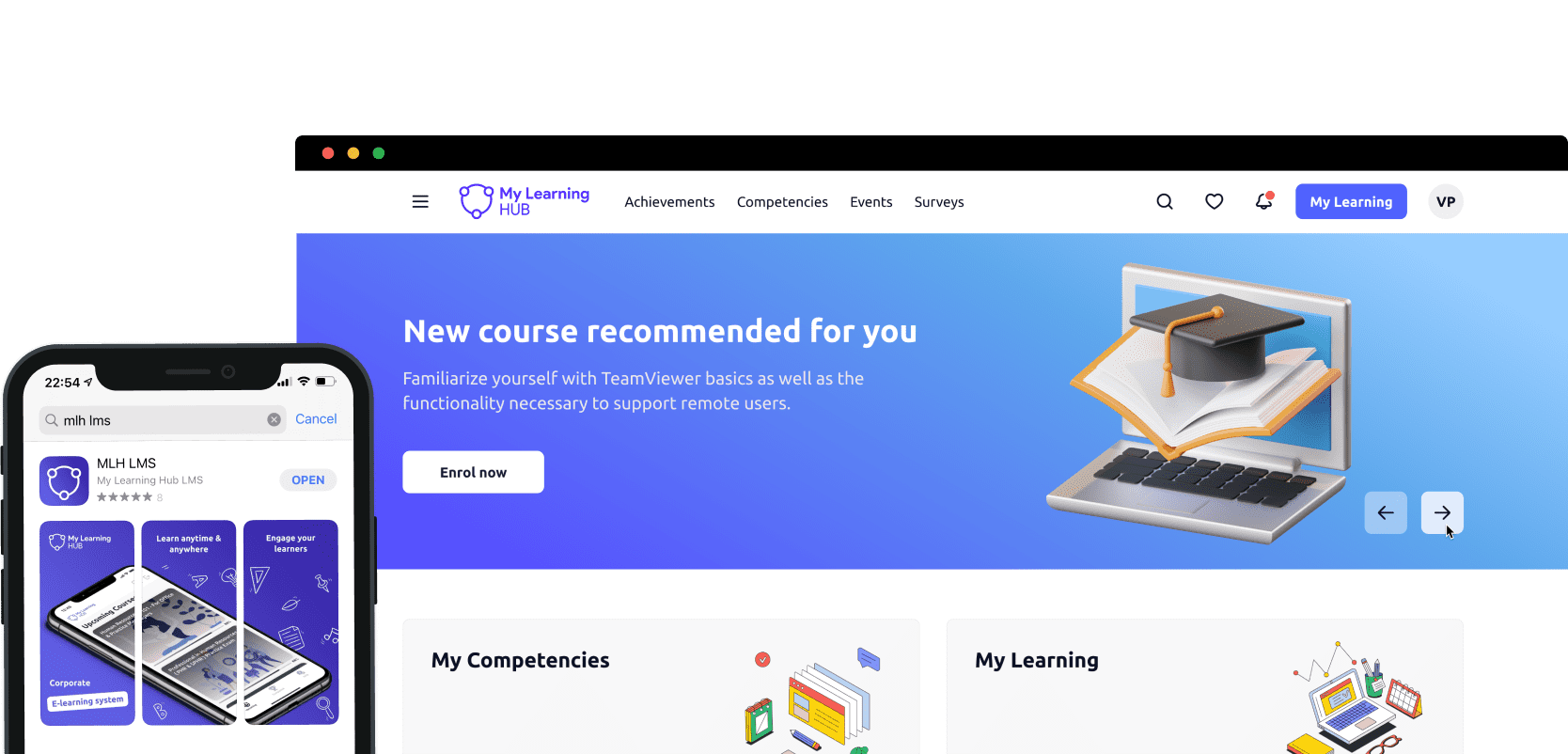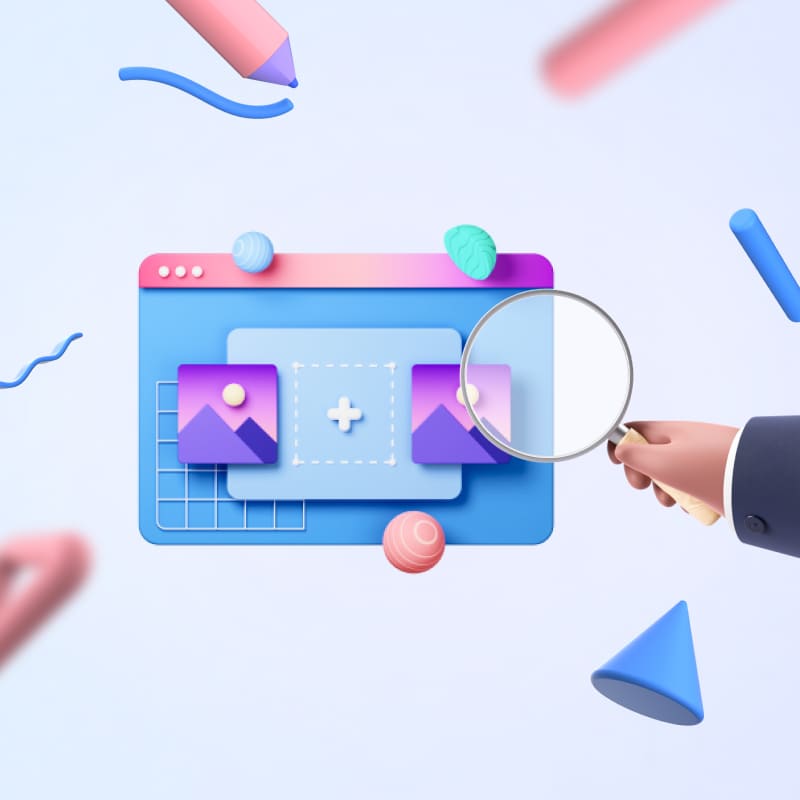
Choosing the best LMS for your organisation can be a daunting task. With so many options on the market, it can be hard to know where to start.
In this blog post, we'll give you tips on how to choose the best LMS for your needs:
- You and your team must determine which features are most important to you.
- You'll need to consider your budget and how much technical support you'll need.
- You'll need to test out some of the leading LMS providers to find the one that's right for you.
By following these tips, you'll be able to choose the best LMS for your organisation. And for now, let’s explore it in more detail.
What to Consider Before Purchasing an LMS
Choosing an LMS is a big decision. Not only are there many different options on the market, but the price tag can be significant. However, there are some key factors or tips to consider that can help you make the best decision for your organisation.
First, think about what features are most important to you. Do you need an LMS that is compatible with mobile devices? Are you looking for one that offers gamification or social learning features? Once you have a good idea of your must-haves, you can start narrowing down your options.
Next, consider your budget. How much are you willing to spend on an LMS? The cost will vary depending on the size of your organisation and the features you need. Once you have a good idea of what you can afford, you can further narrow down your choices.
Consult other organisations that have used the software. This will give you a good sense of each LMS's pros and cons.
The Features to Look in Different LMS Platforms
When choosing an LMS, there are a few key features. Ease of use is essential; the platform should be intuitive and easy to navigate.
It should also be compatible with your existing systems and offer a range of integrations to choose from.
Another important consideration is scalability; as your business grows, you'll need an LMS that can accommodate more users without compromising performance.
Last but not least, make sure to choose an LMS that comes with excellent customer support; if you run into any problems, you'll want to be able to get help from a team of experts.
An LMS's Customer Support is Crucial
When choosing an LMS, it's important to consider the quality of customer support offered. After all, once you're using the system, you'll likely need some help from time to time. A good customer support team can distinguish between a frustration-free experience and a headache-inducing one.
Ideally, you should choose an LMS that offers 24/7 customer support. That way, no matter what time of day or night you have a question, you'll be able to get the help you need.
In addition, look for an LMS that offers multiple support channels, such as telephone, email, and live chat. That way, you can always find a convenient way to contact someone who can help.
Tips for Implementing and Using an LMS Successfully
When choosing an LMS, it's important to consider your organisation's specific needs and goals. If you're looking for an LMS that many users can use, it's important to choose one with a robust infrastructure and easy-to-use interface. If you're looking for an LMS that can be quickly implemented and utilised, it's important to choose one that is user-friendly and has a wide range of features.
Once you've chosen an LMS, it's important to implement it in a way that will maximise its effectiveness. For instance, you'll need to choose whether to use it as a standalone system or integrate it with other software applications.
If switching from your previous LMS, you need to export your data. This can be time-consuming, so give yourself plenty of time to do it. Once your data is exported, you can import it into your new LMS.
You'll also need to train yourself and your team on how to use the new LMS. This can be daunting, but it's worth it in the end. After all, a good LMS can make all the difference in productivity and efficiency, especially in the long run.
Verdict
So, which one is the best LMS for your needs? Remember what you want to use it for and which features are important to you.
Consider also the cost of different platforms and whether customer support is crucial to your implementation success.
And don't forget, even if you think you know everything about an LMS, there will be a learning curve when implementing it so factor that into your decision-making process and implementation timeline, too!
Finally, remember that no one LMS is perfect for everyone; switching between platforms may be necessary to find the one that truly fits your organisation.
That's why we put together this guide to help you make the best decision for your team. But don't take our word for it! Book a free demo with us and discover how our tools can work for you













